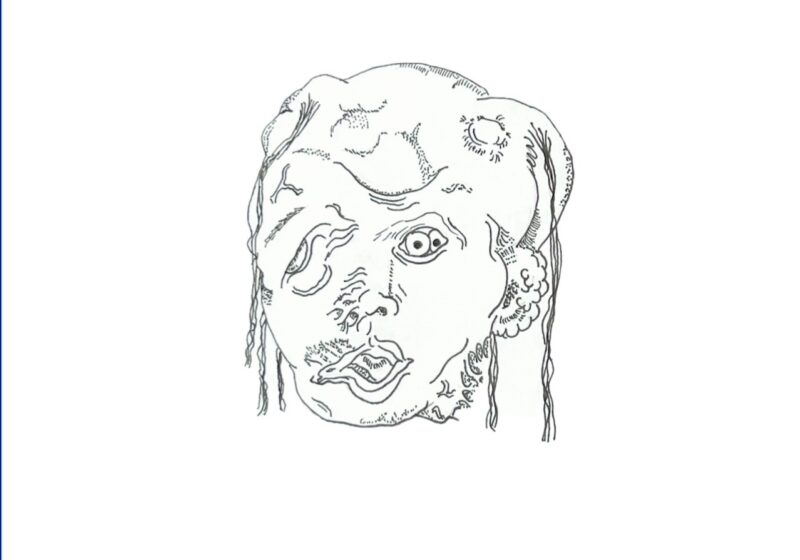35 professors sent a letter to President of the University Thomas Jackson, in response to last week’s College Republican “Affirmative Action Bake Sale” protest. The letter, dated March 26 and signed by Associate Professor James Johnson and 34 publicly unidentified professors, was read in several classes this week along with Jackson’s response.At the heart of the letter is an assertion that the protest is not protected under the First Amendment, as it creates a hostile environment. Jackson firmly disagreed in his response letter. “The ‘bake sale’ was, in my opinion, clearly symbolic speech, picking up on a belief-any form of consideration of race in admissions is wrong – that (among others) four of nine justices of the Supreme Court of the United States effectively agree with,” Jackson said in a letter.”They say it isn’t a First Amendment issue, but that’s exactly what it is,” President of the College Republicans sophomore Noah Lebowitz said.”We ask that – at a minimum – the [administration] immediately, forthrightly and publicly denounce this activity as inappropriate in our intellectual community,” Johnson said in his letter.”[You are] free to pursue those claims under established procedures,” Jackson wrote. “But for the administration to move against this [clearly] symbolic speech would be a matter that, itself, would have greater repercussions.”The letter from Johnson notes problems with the intent of the protests.”It was designed to question the presence on our campus of individuals students who, by virtue of their gender, racial and/or ethnic identities, the College Republicans assume have no rightful place at the University,” the letter states. The letter also notes problems with the baked goods available.”The bigoted nature of their activity is both clear and unacceptable,” the letter states. “Why offer for sale Oreos and Moon Pies rather than Granola, Oatmeal Cookies and Apple Turnovers?””We choose [the baked goods] because they are popular,” junior Clarence Hardy said. “As a black person, if I felt in any way it was a racist decision, I would have put a stop to it.”Lebowitz felt the letter was not about the issue of the bake sale adressed.”The intent of the letter is not to argue against our stance on affirmative action,” Lebowitz said. “[Johnson’s letter makes] no substantive argument.””We in no way contest the right of the students who staged the Bake Sale to think and say what they want, [but] we want to point out that their rights are constrained by the same rules that govern other members of the University community,” the letter stated. “In addition to issuing a forthright response to this event we ask that you initiate an inquiry to ascertain whether the students involved complied with relevant University policies.”Jackson responded to the request in his letter. “Nor do I think an examination into whether University policies were otherwise complied with is one that the administration should undertake, as that would be an investigation based, in the first instance, on the ‘content’ of speech. (I am told that the bake sale did not receive any SA funds.)””I hope the professors who signed it would see that our motives are not bigoted or racist, but rather we were motivated by concern about what our university – and many other universities – do,” Hardy said.Miller can be reached atamiller@campustimes.org.
beauty standards
Dedicated to everyone in the movie theater who laughed at “The Substance”
“The Substance”, though quite effectively campy and satirical at times, is not a comedy.
April Fool's
Getting touched by the boogeyman
At the tender age of 18, I was horribly frightened by such stories. After all, I didn’t want to be taken away to the dark lands by the Boogeyman.
crusade
My crusade against the UR parking office
I allowed my predator to believe I was prey — let them roam the jungle, beat their chest, and act like they could never be defeated.


